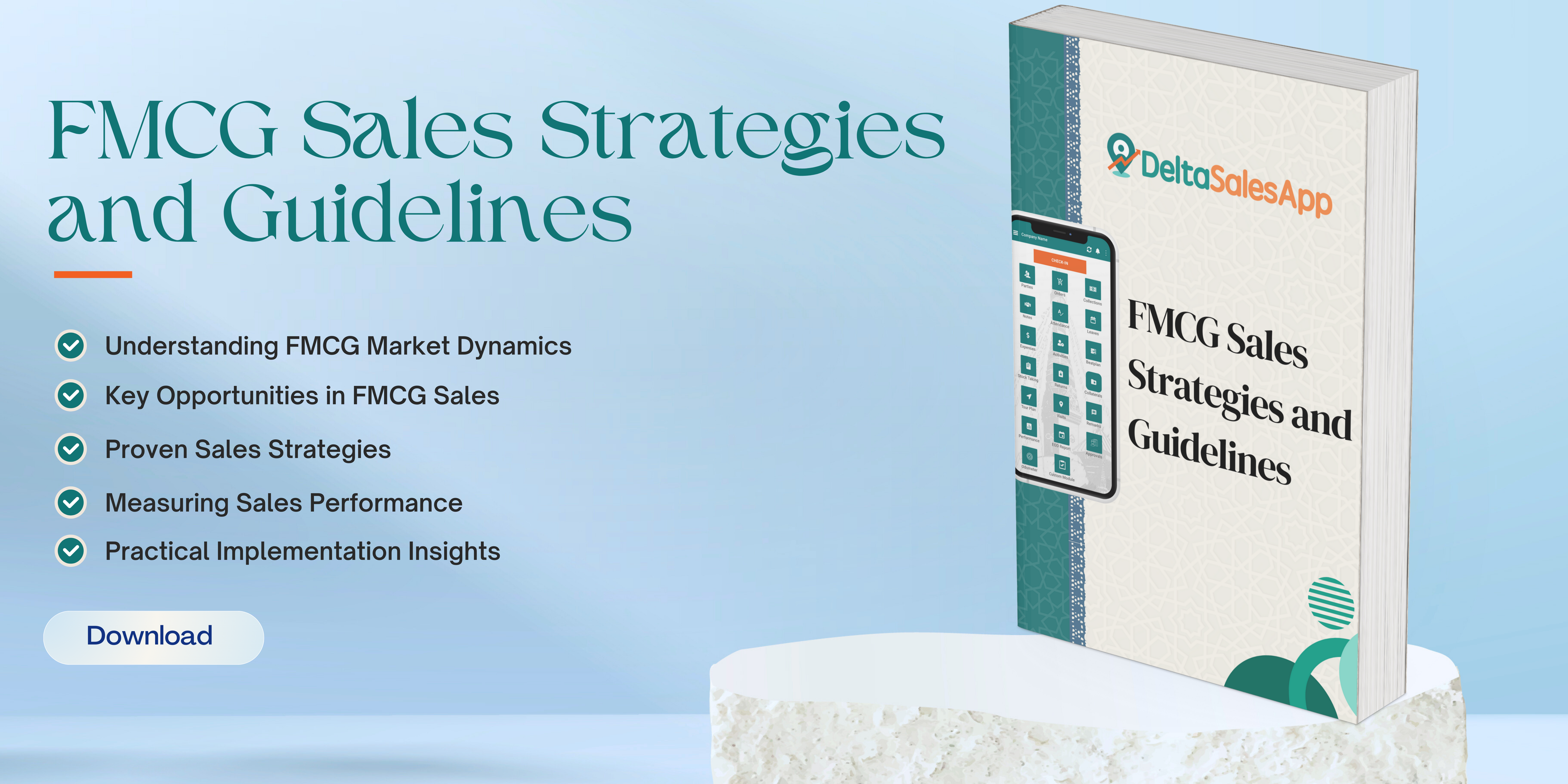Mobile CRM
A Mobile CRM (Customer Relationship Management) in a field sales application refers to a software solution that allows sales representatives in the field to access, update, and manage customer information, sales data, and other relevant details through their mobile devices.
The purpose of this is to enhance the productivity and efficiency of sales teams by providing them with real-time access to critical information while on the move.
Key features of a Mobile CRM
Customer Data Management:
Sales reps can access detailed customer profiles, purchase history, and preferences.
They can update contact details, add notes, and record meetings or calls on the go.
Sales Order and Lead Management:
Allows field sales teams to create and manage leads, opportunities, and sales orders directly from their mobile devices.
They can track the status of deals, follow-up reminders, and forecast sales.
Route Optimization & Scheduling:
GPS functionality can help sales reps plan their daily routes and schedules efficiently.
Integration with calendar and appointment tools to manage meetings and site visits.
Real-Time Reporting and Analytics:
Sales reps can access performance metrics, reports, and analytics from anywhere.
Managers can track the real-time progress of the team and individual sales representatives.
Collaboration Tools:
Instant communication tools, such as chat, email, and calls, for seamless collaboration with team members, supervisors, or other departments.
Share documents, proposals, and other resources instantly.
Offline Capabilities:
Many mobile CRMs allow for offline data entry, so sales reps can continue working even in areas with poor connectivity. The data syncs once they are back online.
Sales Automation:
Tasks such as follow-ups, notifications, and reminders can be automated to improve time management and reduce manual effort.
Workflow automation to simplify complex processes.
Inventory and Product Information:
Access to up-to-date product catalogs, inventory levels, and pricing to provide accurate information during sales calls.
Integration with Other Systems:
Integration with other business tools like ERP, email marketing software, and accounting systems to provide a unified approach.
Benefits of Mobile CRM
Increased Productivity: Sales reps can access and update customer data, sales information, and schedules while on the go, leading to better time management.
Improved Customer Relationships: Having real-time information allows reps to engage with customers more effectively and respond to their needs promptly.
Better Decision-Making: Managers can monitor field performance in real time and make adjustments to strategies as needed.
Enhanced Collaboration: Mobile CRM fosters better communication and information sharing between field reps and the home office.
Data Accuracy: Reduces the risk of errors that might occur when sales reps manually update customer records after returning to the office.
In summary, a mobile CRM system designed for field sales allows teams to be more efficient, responsive, and informed, ultimately leading to better customer service, increased sales, and streamlined operations.






